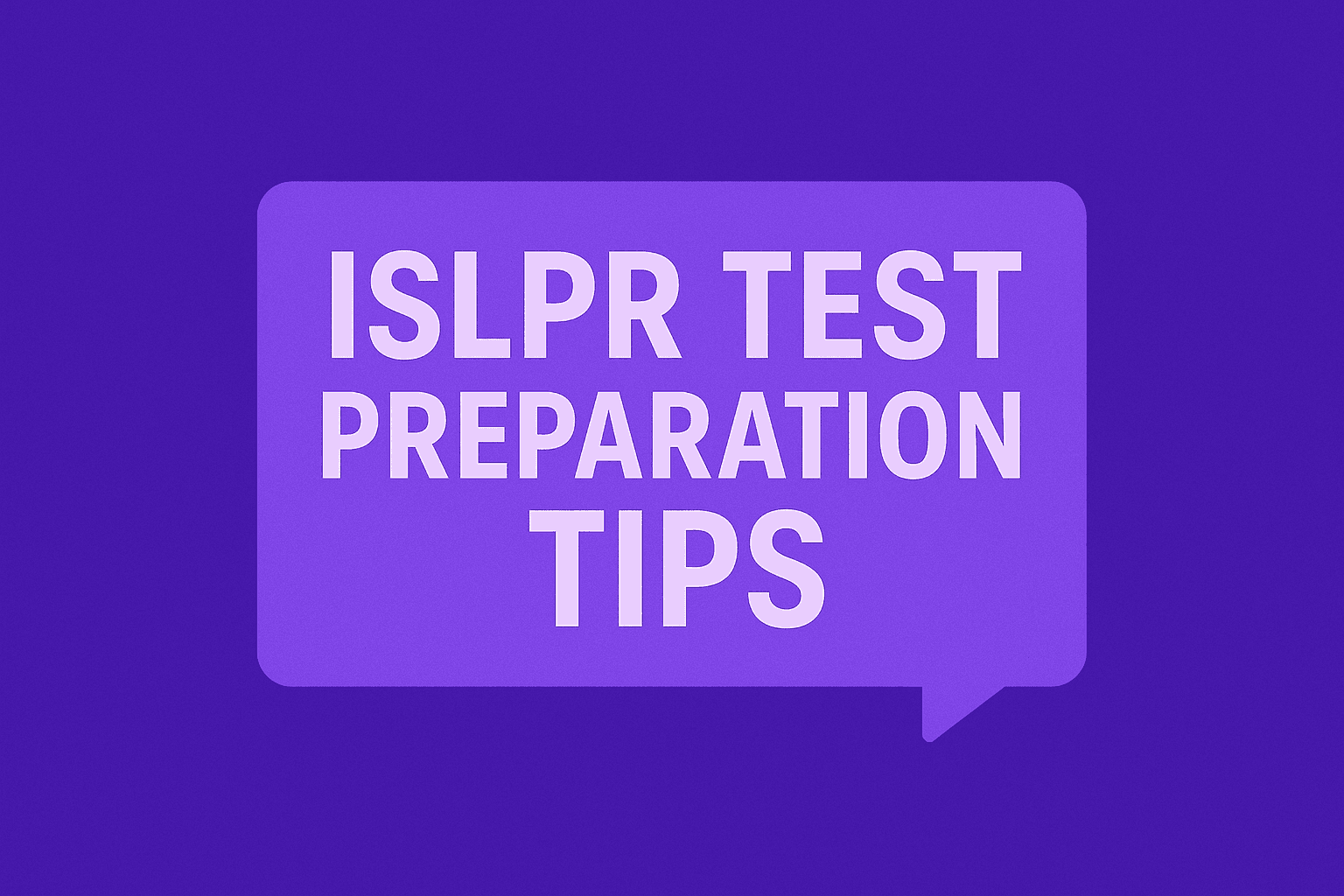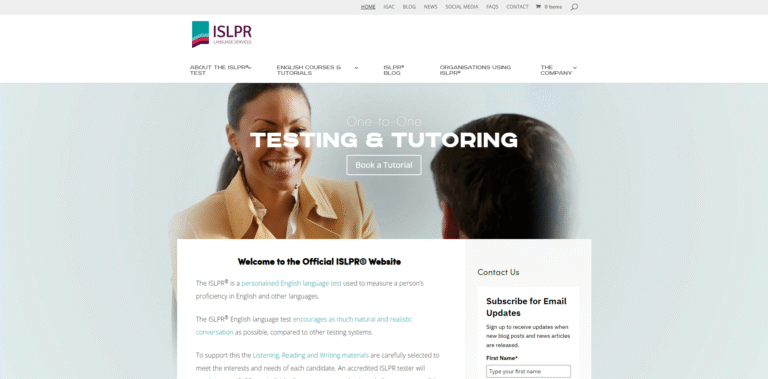If you are preparing for the ISLPR test, especially the ISLPR Writing Test, you probably know how important it is to communicate clearly and correctly. Many candidates spend hours building vocabulary and practising essays, but what often lowers scores are small grammar mistakes that can easily be avoided.
In the ISLPR exam, writing is assessed on accuracy, clarity, and appropriateness in real-world contexts such as letters, emails, reports, and essays. Unlike IELTS or PTE, the ISLPR looks at how well you use English for meaningful communication. That means grammar errors directly affect your score, even if your ideas are strong.
In this post, I’ll show you 10 common grammar mistakes to avoid in ISLPR writing and give you simple tips on how to fix them. These are the same mistakes that trip up candidates in other English tests like IELTS and PTE, so avoiding them will give you a big advantage.
1. Subject and Verb Agreement
Mistake: Using the wrong verb form with a subject. Example: The results is ready.
Why it matters: ISLPR examiners expect professional-level accuracy in writing. Agreement errors are obvious and distracting.
Fix: Always match the verb with the true subject. Example: The results are ready.
2. Misuse of Articles
Mistake: Overusing or leaving out a, an, and the. Example: Information is the important.
Why it matters: Articles show whether you mean something specific or general. Misusing them confuses readers.
Fix:
- Use a/an for singular countable nouns when introducing new information.
- Use the for specific, known items.
- No article for general plurals and uncountables: Students need feedback.
This is one of the most common grammar mistakes in ISLPR and IELTS writing tasks.
3. Confusion with Tenses
Mistake: Mixing up past simple, present perfect, and continuous tenses. Example: I am knowing the answer.
Why it matters: ISLPR writing often requires you to describe events, explain progress, or state facts. Wrong tenses make your timeline unclear.
Fix:
- Past simple for finished actions (Yesterday we met).
- Present perfect for actions with present relevance (We have finished the report).
- Present continuous for temporary actions (We are studying now).
4. Run-On Sentences
Mistake: Joining two sentences with only a comma. Example: The teacher was late, the students waited.
Why it matters: Run-ons make your writing messy and difficult to read.
Fix:
- Use a full stop: The teacher was late. The students waited.
- Use a conjunction: The teacher was late, so the students waited.
- Use a semicolon for closely related ideas.
5. Sentence Fragments
Mistake: Writing incomplete thoughts. Example: Because of the late delivery.
Why it matters: ISLPR examiners want to see complete, professional writing. Fragments look like notes, not finished texts.
Fix: Every sentence must have a subject and a verb. Example: Because of the late delivery, we will offer a refund.
6. Preposition Problems
Mistake: Using the wrong preposition. Example: discuss about, in Monday.
Why it matters: Prepositions are a frequent problem in ISLPR, IELTS, and PTE writing. They show natural control of English.
Fix:
- Learn collocations: discuss something, depend on, interested in.
- Time and place: in 2025, on Monday, at 10 am.
- In Australian English, we say on the weekend, not at the weekend.
7. Pronoun Errors
Mistake: Ambiguous or mismatched pronouns. Example: When the manager spoke to the team, they said he was late.
Why it matters: In the ISLPR Writing Test, clarity is key. Ambiguity can cost you marks.
Fix:
- Keep pronouns close to their nouns.
- Repeat the noun if necessary: The team said the manager was late.
8. Misplaced Modifiers
Mistake: Placing descriptive phrases too far from the word they describe. Example: Walking to school, the rain soaked my shoes.
Why it matters: These mistakes confuse readers and sometimes sound funny.
Fix: Put the modifier next to the subject: Walking to school, I was soaked by the rain.
9. Wrong Word Forms
Mistake: Using the wrong part of speech. Example: This will reduction costs.
Why it matters: Word form mistakes reduce accuracy and flow.
Fix: Learn word families: reduce, reduction, reduced, reducing. After an article use a noun, after be use an adjective.
10. Punctuation and Capitalisation Mistakes
Mistake: Missing commas, misusing apostrophes, or forgetting capital letters.
Why it matters: In ISLPR letters and emails, these small errors make writing look careless.
Fix:
- Use commas for non-essential information: Our manager, Ms Green, will attend.
- Apostrophes show possession: students’ feedback, teacher’s desk.
- Always capitalise names, places, and the first word of sentences.
How to Check Your Writing Before the ISLPR Exam
Here’s a quick ISLPR grammar checklist to use in your practice:
- Check subject–verb agreement.
- Review articles (a, an, the).
- Ensure tenses match the timeline.
- Fix run-ons and fragments.
- Check prepositions and collocations.
- Ensure pronouns are clear.
- Correct word forms.
- Check punctuation and capitalisation.
This routine will help you avoid common grammar mistakes and write with confidence.
Final Thoughts
The ISLPR Writing Test is not just about ideas. It is about producing accurate, clear, and appropriate writing for real-world situations. By avoiding these 10 grammar mistakes, you will improve your score, write more naturally, and feel more confident on test day.
Remember: accuracy plus clarity equals success. Practice these fixes, review your writing carefully, and you will be ready to excel in the ISLPR test.







